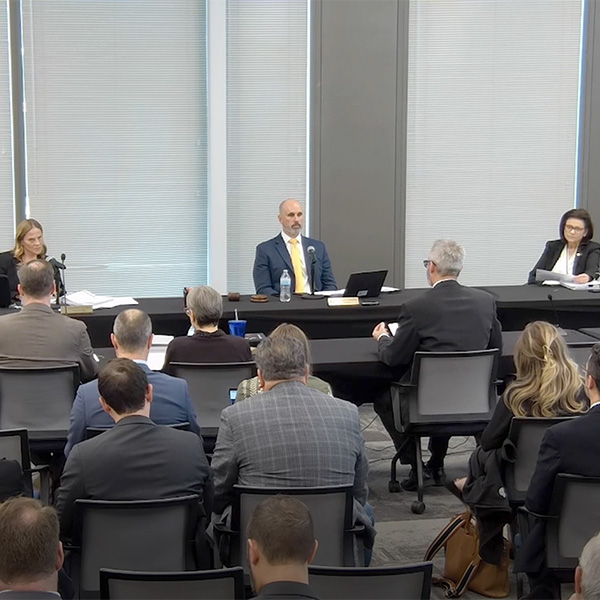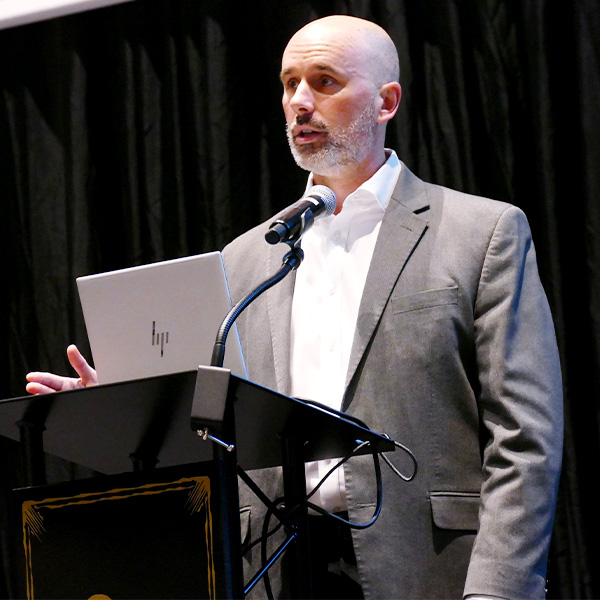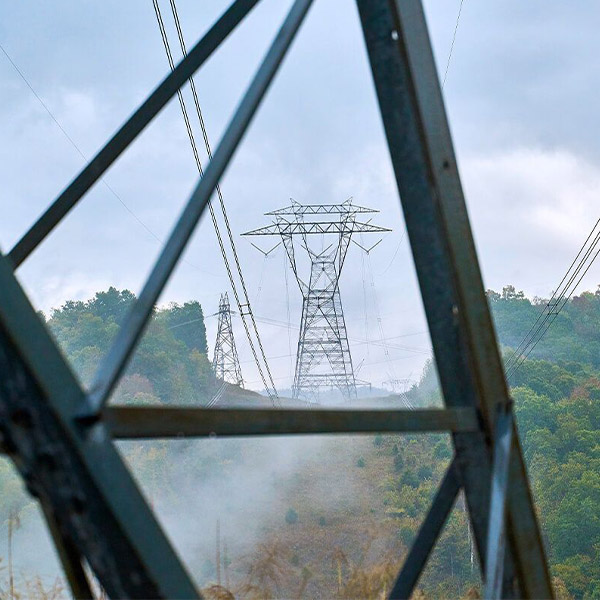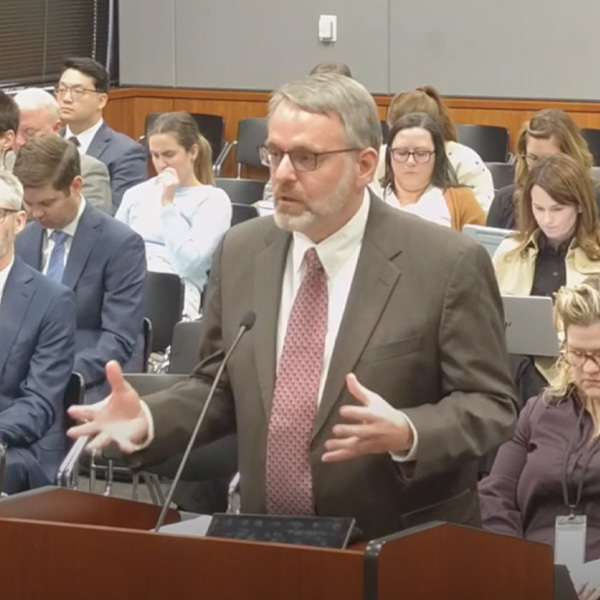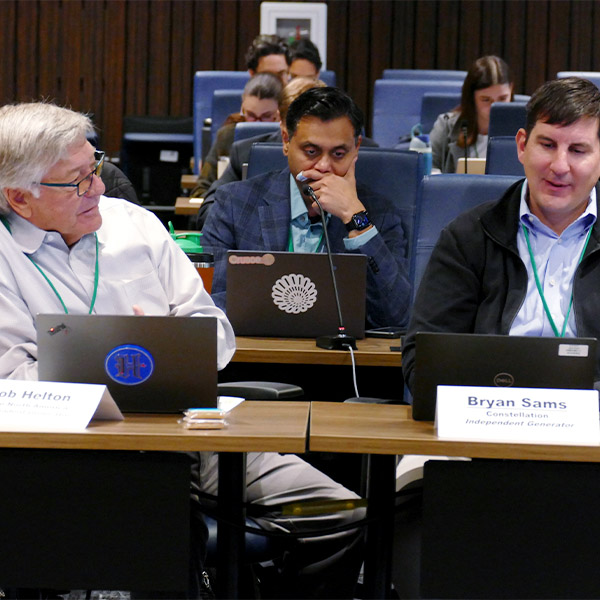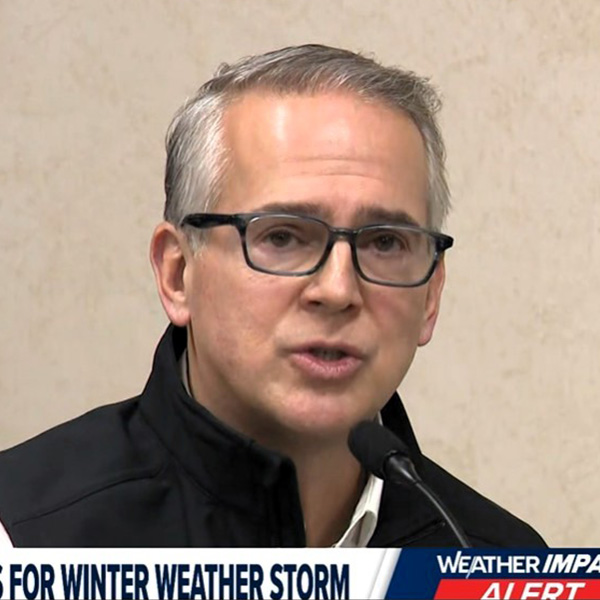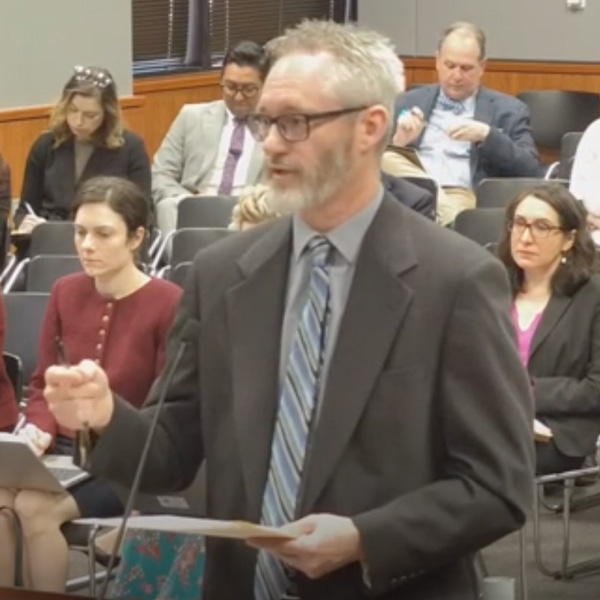ERCOT
ERCOT Board of DirectorsERCOT Other CommitteesERCOT Technical Advisory Committee (TAC)Public Utility Commission of Texas (PUCT)
The Electric Reliability Council of Texas manages the flow of electric power to about 90 percent of the state’s electric load. The nonprofit independent system operator is governed by a board of directors and is subject to oversight by the Public Utility Commission of Texas and the Texas Legislature.
ERCOT staff have promised more clarity on the link between the initial batch study process for large loads and the subsequent studies and existing planning structure during an upcoming workshop.
ERCOT says the critical path for a successful Batch Zero NPRR relies on a series of approval votes in May before the changes go to the board in June.
ERCOT CEO Pablo Vegas said the grid operator's proposed batch process to study the 232 GW of large loads seeking interconnection will provide clarity and transparency to data center developers.
American Electric Power says it is “rooted deep in innovation” and “ready to meet unprecedented customer demand” that will result in “significant infrastructure investment” and continue its strong financial results.
Fintan Slye, CEO of Great Britain’s National Energy System Operator, will join ERCOT CEO Pablo Vegas to kick off the ISO's third annual Innovation Summit that brings together industry stakeholders and thought leaders.
ERCOT says it leaned on Texas’ 15 mobile generating units and an RMR unit during the state’s first major cold-weather event since 2021’s disastrous Winter Storm Uri.
ERCOT stakeholders used their first Technical Advisory Committee meeting of 2026 to mark the committee’s 30 years of existence and achievements, sharing memories of their work together and recognizing members.
With a major winter storm bearing down on Texas, officials have assured the state that the ERCOT grid is in much better shape to take on freezing conditions than it was five years ago during Winter Storm Uri.
ERCOT says there is “broad agreement” from stakeholders that the grid operator’s batch-based approach for interconnecting large loads is necessary.
ERCOT is absorbing a wave of large, price‑sensitive load, especially data centers, faster than the market rules were built to 'productize,' writes Alexandre Alonso Carpintero in an opinion piece.
Want more? Advanced Search
